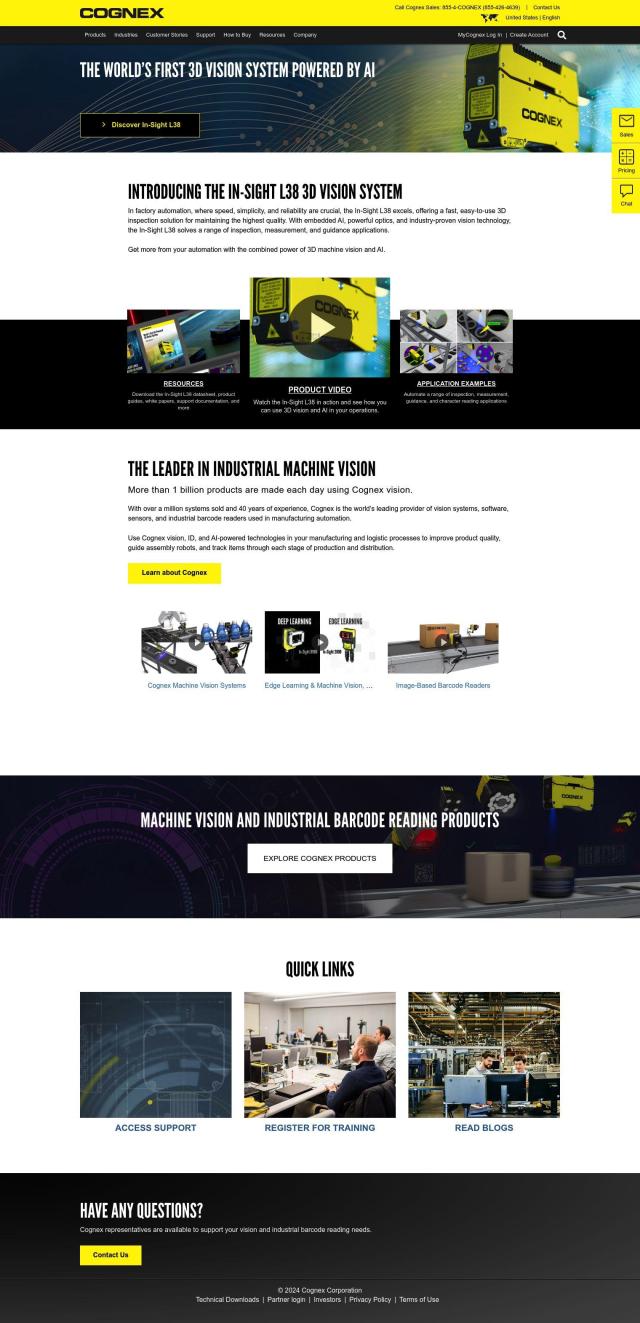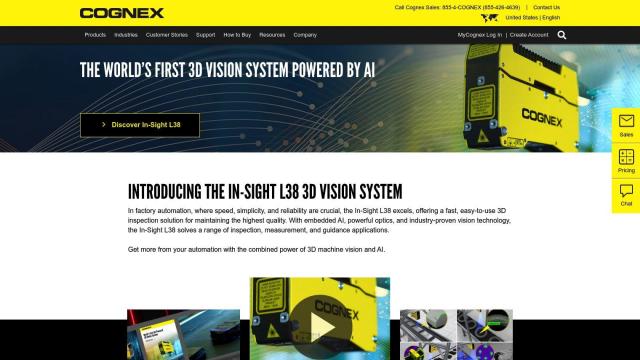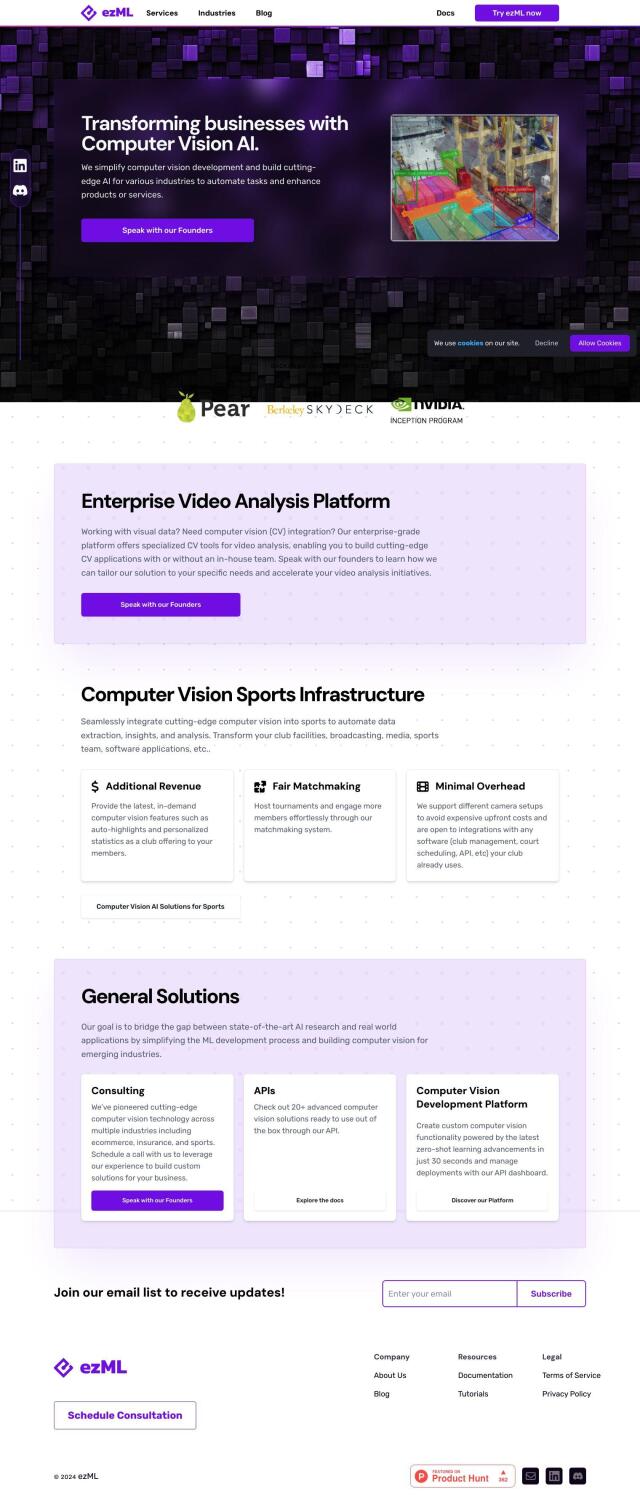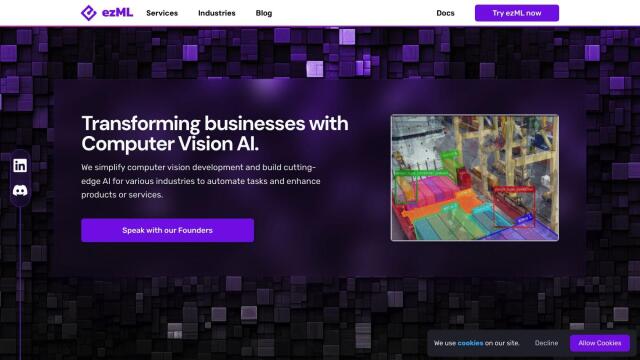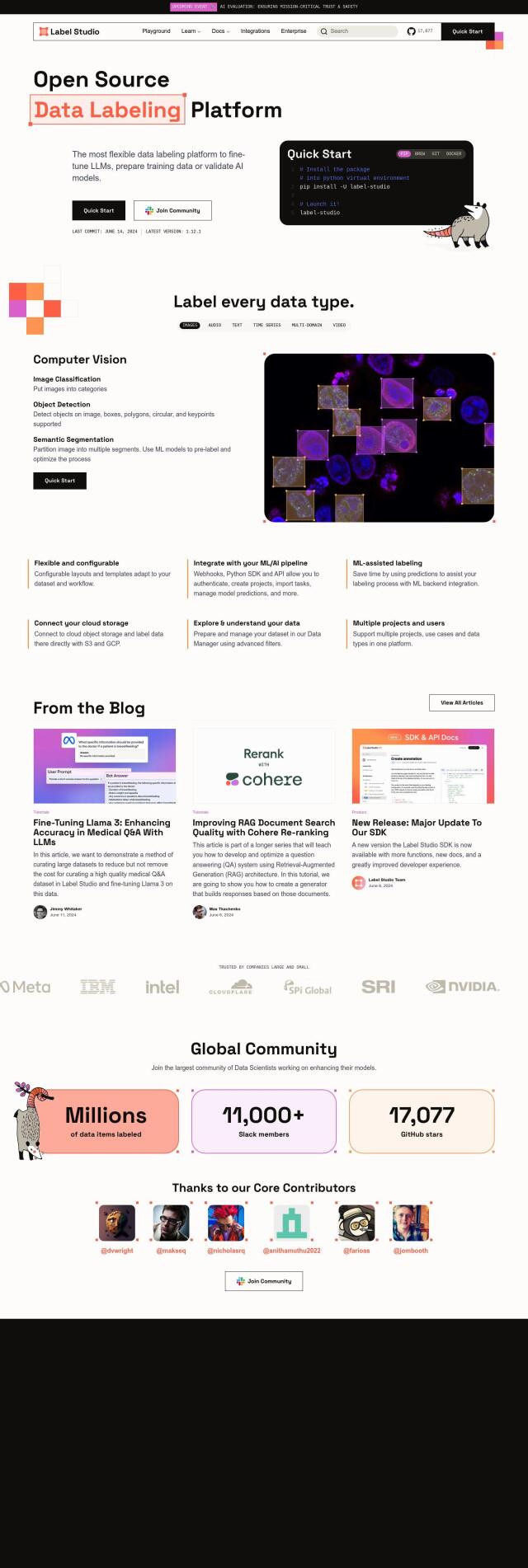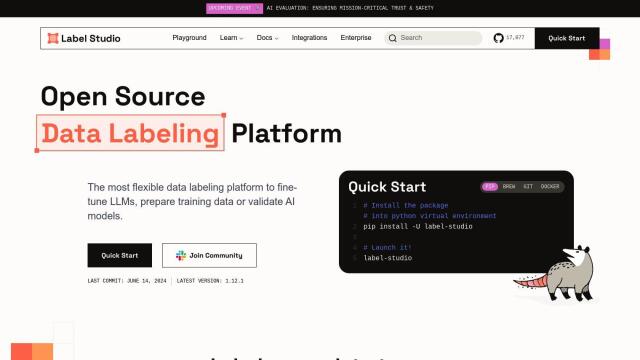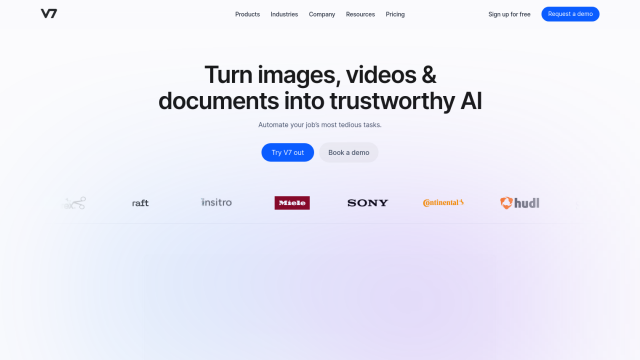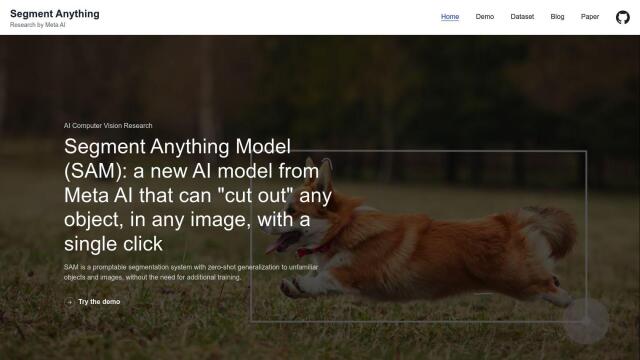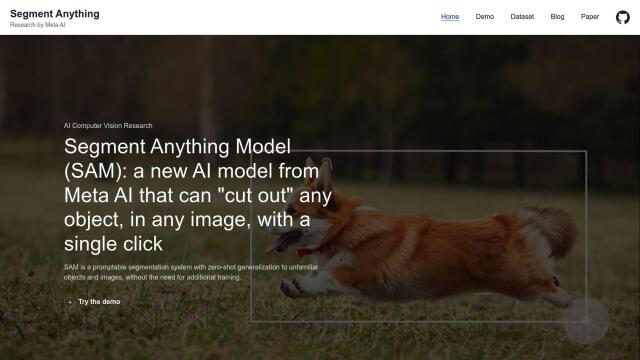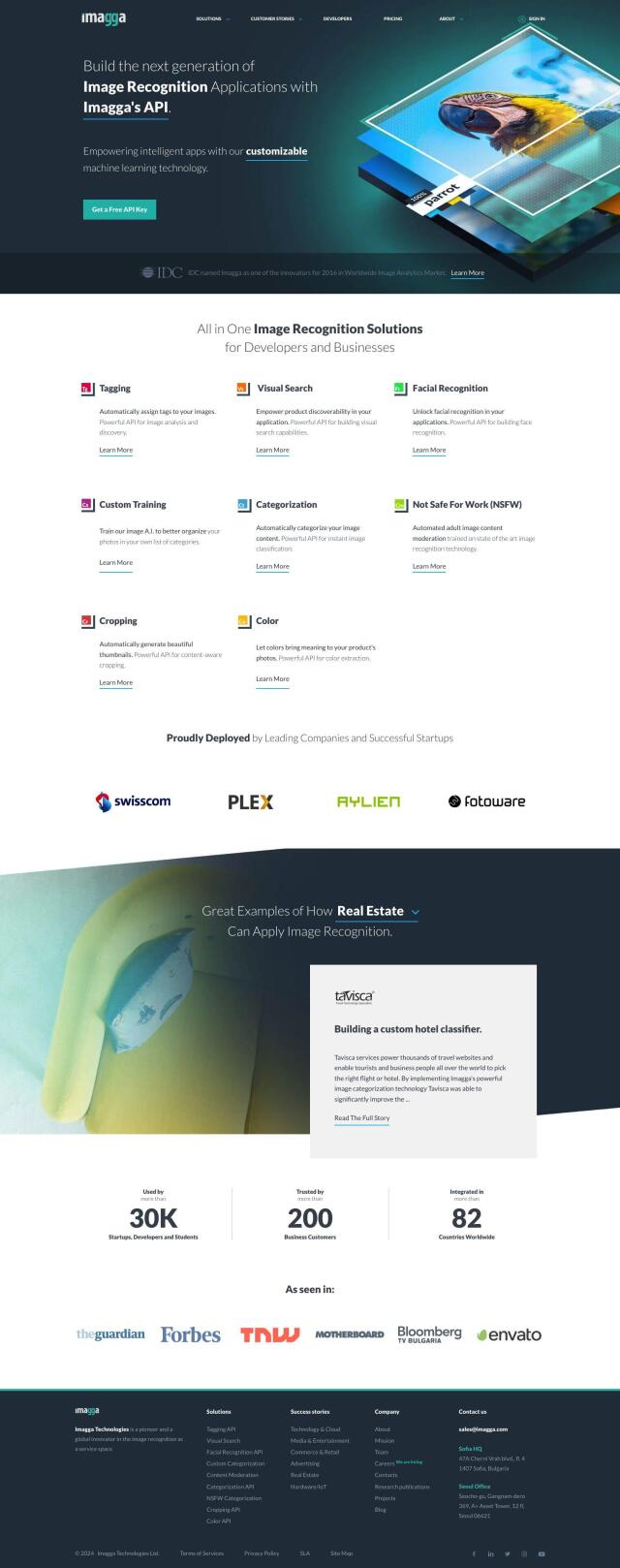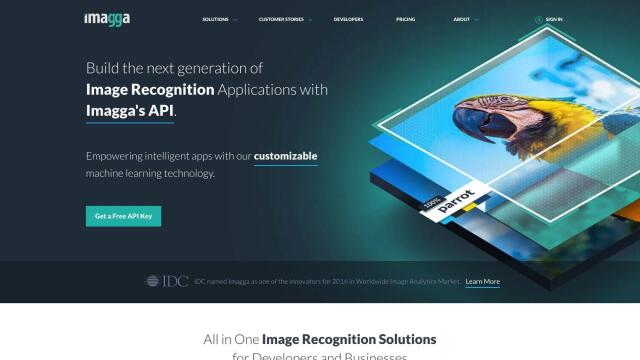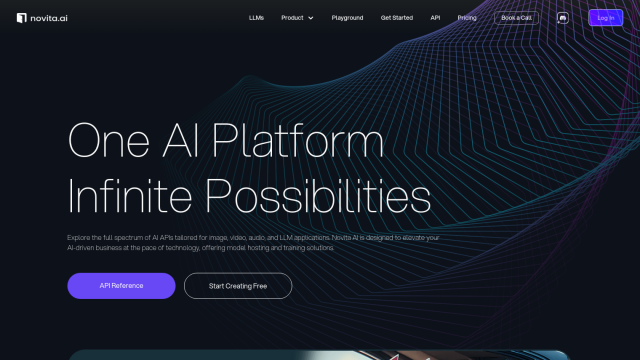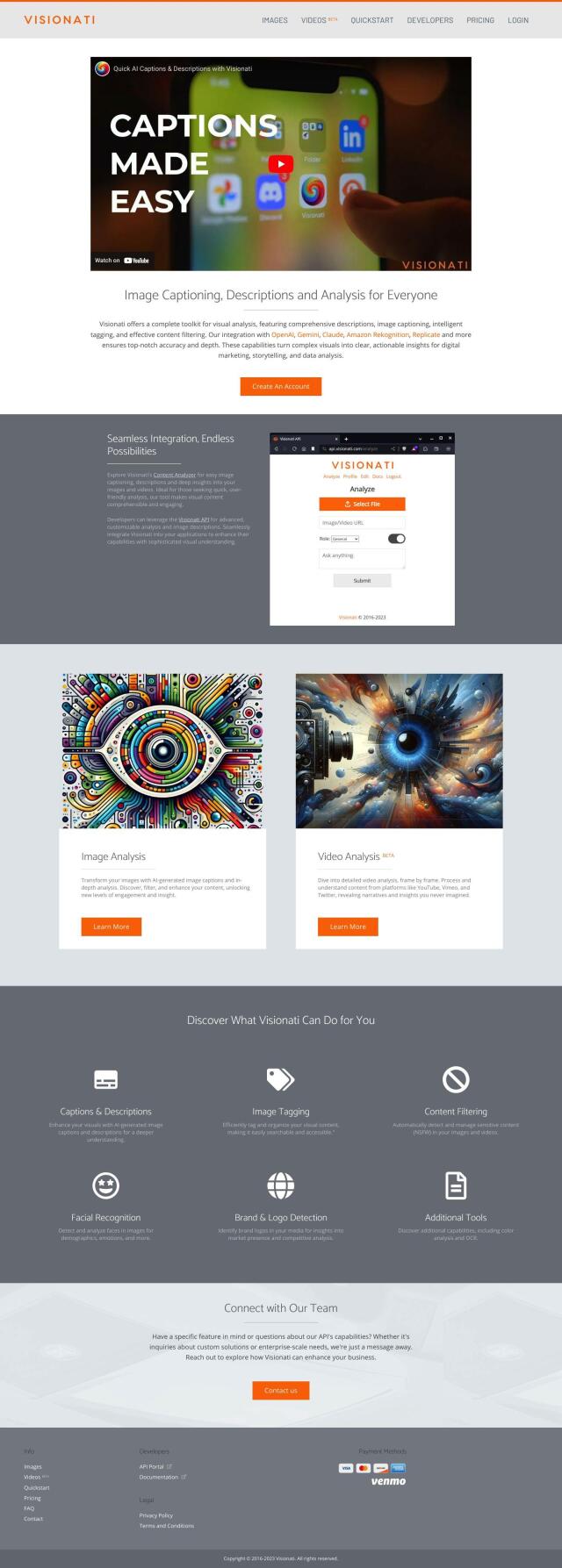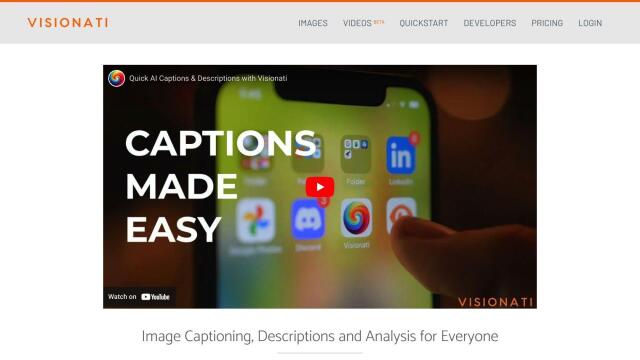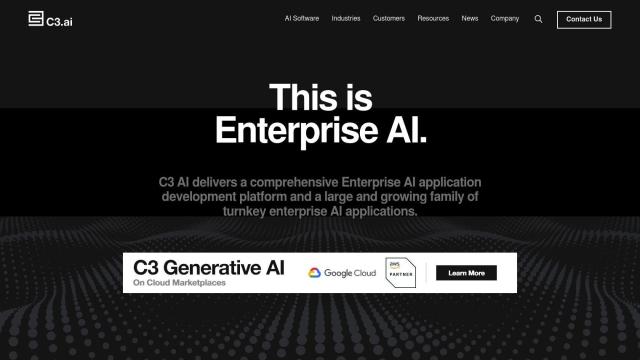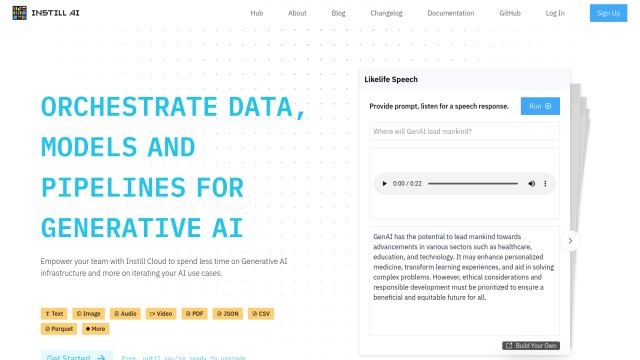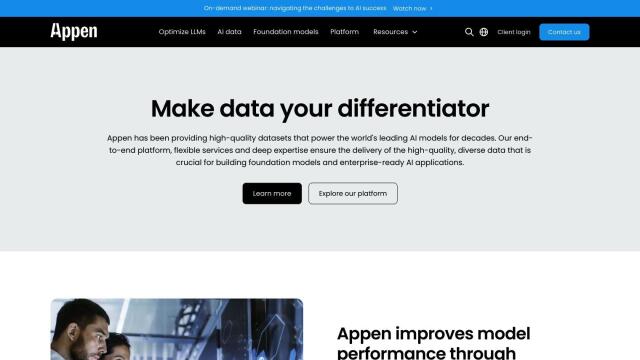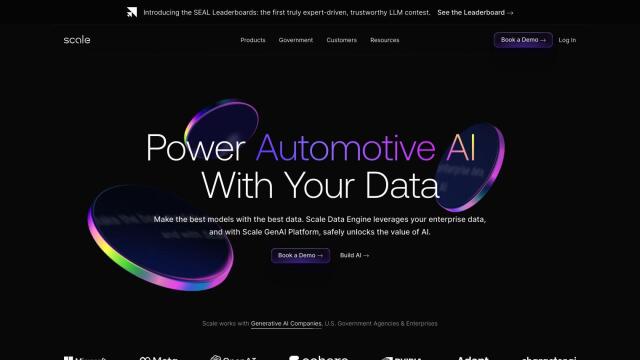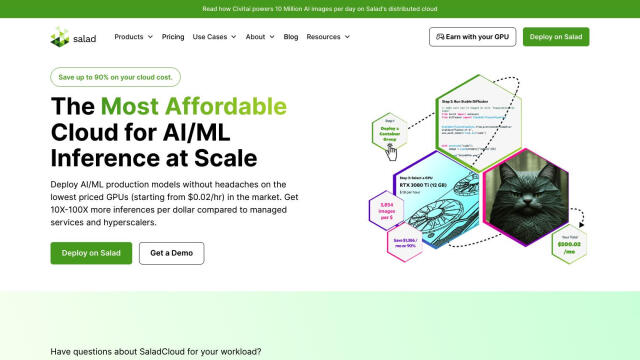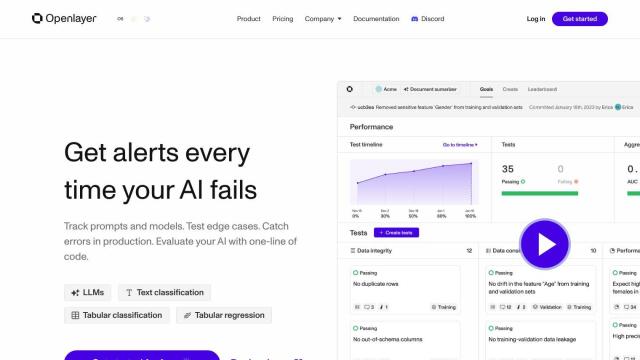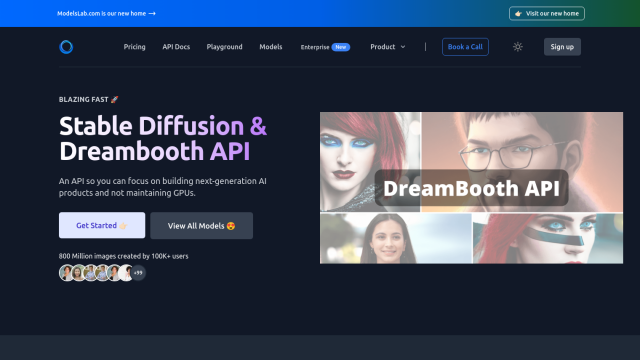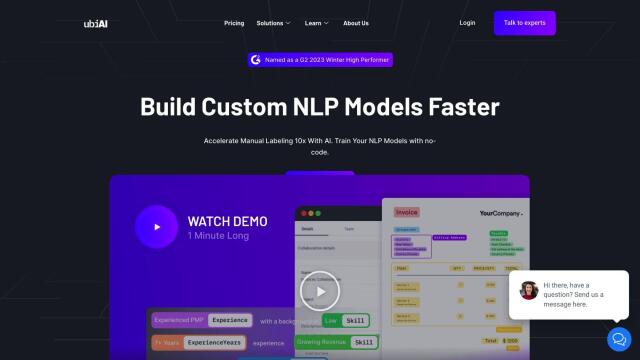Question: Can you suggest a cloud-based computer vision solution that can automate quality inspection and counting of objects on production lines?

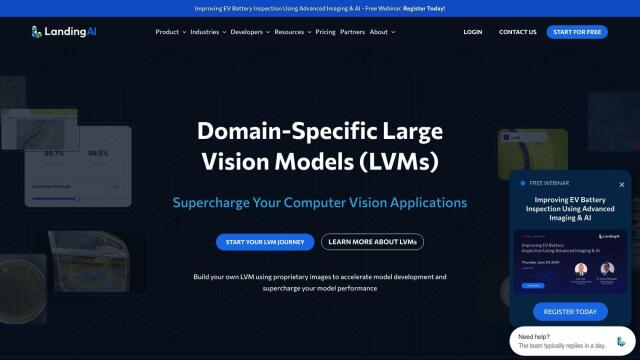
LandingLens
If you're looking for a cloud-based computer vision solution to automate quality inspection and counting of objects on production lines, LandingLens is a great option. This platform uses domain-specific Large Vision Models (LVMs) and deep learning to solve a range of problems. It comes with features like one-click training, detailed performance reports, and flexible deployment options, including cloud, edge, and Docker deployment. LandingLens is designed to improve model performance and speed up development, making it a great option for automating quality inspection.

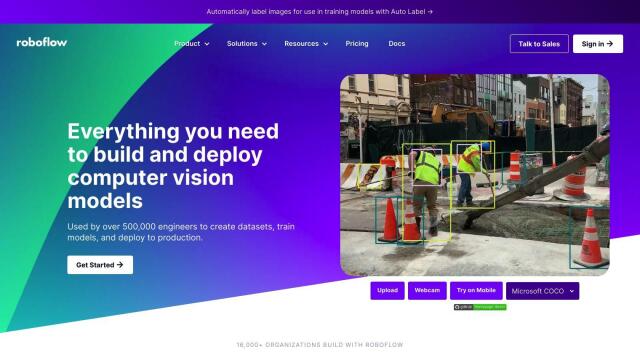
Roboflow
Another great option is Roboflow, which offers an all-in-one platform for training and deploying computer vision models. It includes automated annotation tools, AI-assisted labeling, and access to over 50,000 pre-trained open-source models. Roboflow supports deployment to both edge and cloud environments and integrates with frameworks like TensorFlow and PyTorch, as well as cloud services like AWS and Azure. This makes it a great option for quickly developing and scaling computer vision applications.

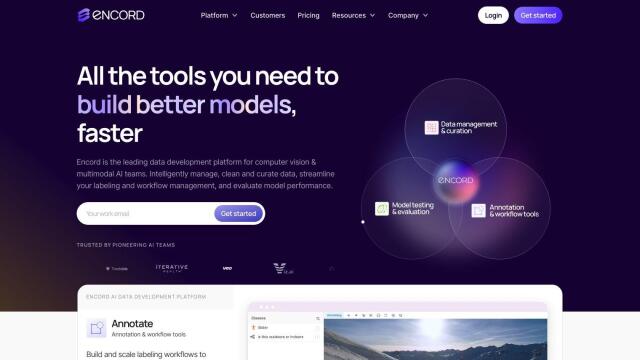
Encord
If you're looking for a more comprehensive data development platform, check out Encord. It offers tools for data ingestion, cleaning, curation, automated labeling, and model performance evaluation. With features like Active for monitoring and debuggin` model performance and Index for data management, Encord ensures a smooth workflow. It also integrates with a variety of storage and MLOps tools, making it a great option for small teams and large enterprises.

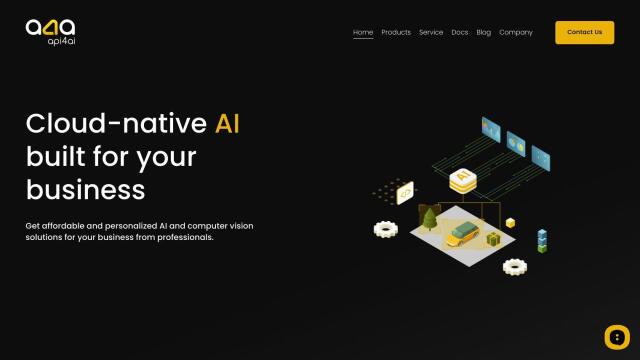
api4ai
Finally, api4ai offers a variety of cloud-native computer vision APIs for image processing tasks like background removal, OCR, and face recognition. Its unified HTTP API and RESTful design makes it easy to integrate and analyze images and video, which can be particularly useful for production automation and inventory control. This solution helps businesses extract insights from large datasets and automate business processes, making it a cost-effective option for automating quality inspection.
